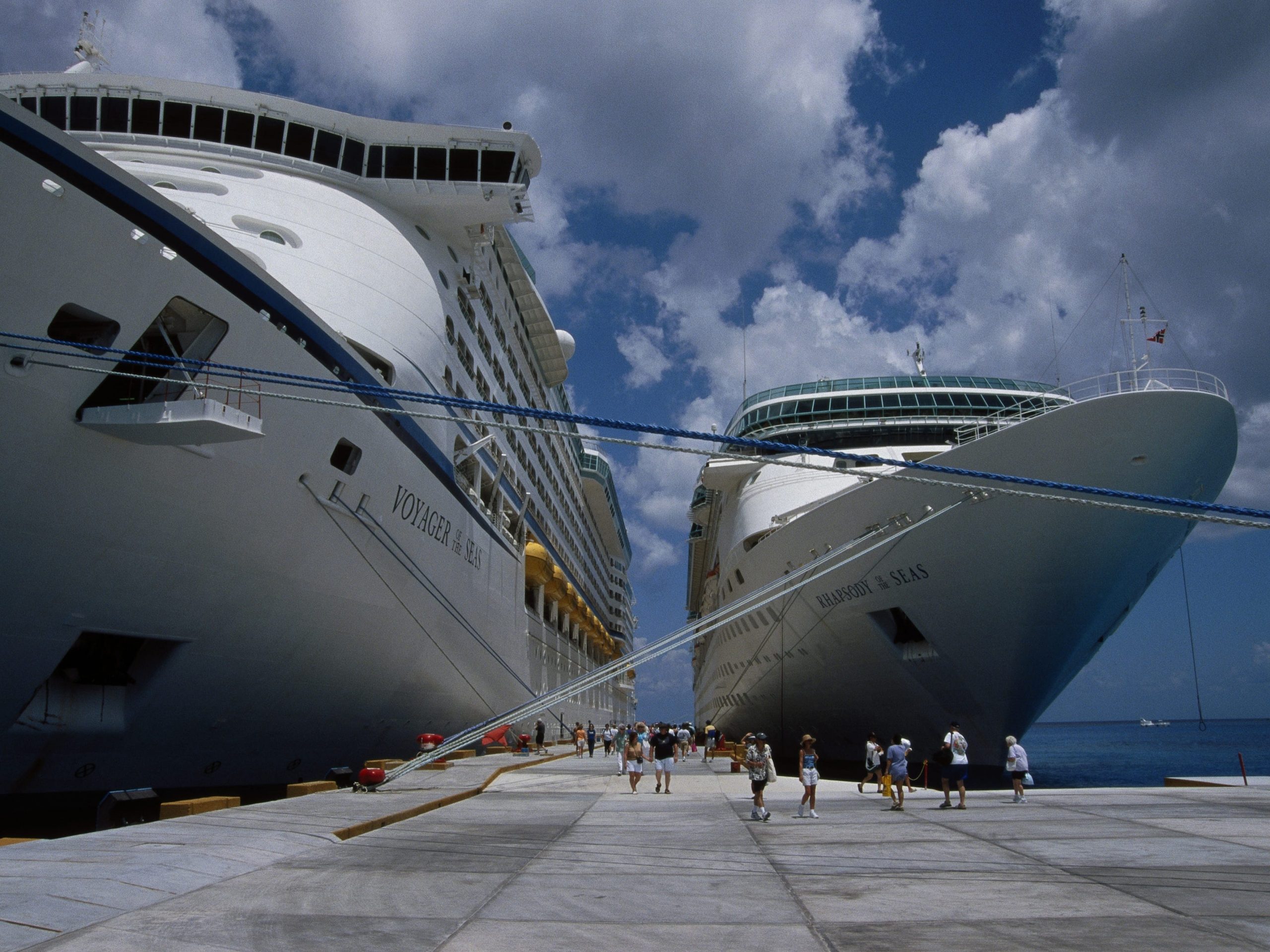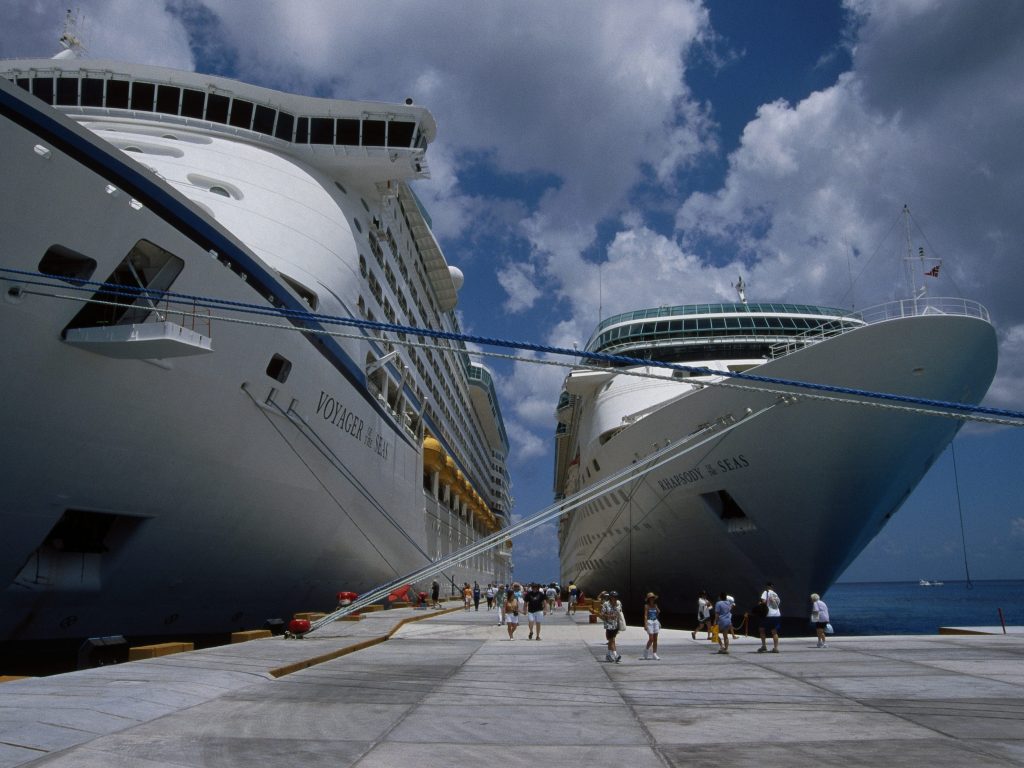
Gary D Ercole/Getty Images
- Carnival cruise line said bookings were up 45% for the second quarter.
- Cruising in the time of COVID-19 means tests, temperature checks, and extremely pre- scheduled fun.
- But for cruise lines that took a hit during the pandemic, the extra health precautions are worth it.
- Visit Insider's homepage for more stories.
Carnival cruise line said bookings were up 45% for the second quarter in a company update on Thursday as it prepares to launch its first series of post-pandemic cruises next month.
But doubts remain on whether cruises are equipped to handle COVID-19 cases on board, especially after two passengers tested positive for COVID-19 aboard a Royal Caribbean cruise from the Bahamas Thursday. The two cases that tested positive were both unvaccinated travelers under the age of 16. According to the ship – dubbed Adventures of the Seas – 92% of crew and passengers were vaccinated.
Additionally, earlier this month, two cases were reported on an MSC Cruises ship sailing in the Mediterranean though they tested negative before getting on board.
In the lead-up to its July relaunch, Carnival published guest protocols requiring that guests show proof of vaccination before boarding.
Guests won't be required to be tested before boarding. However, the protocols note, "based on medical screening that will take place on embarkation day, testing may be deemed necessary as a precautionary measure, which will be provided at no charge."
As per US Centers for Disease Control and Prevention guidelines, guests will be allowed to go mask-free on board the ship, and physical distancing will not be required.
Alternately, Royal Caribbean won't require vaccinations when its first post-pandemic cruise sets sail in July. But unvaccinated guests will need to get tested at their own expense and won't be allowed in certain areas of the ship.
Singapore's cruises to nowhere for the unvaccinated
While cruises in the US are once again ramping up after a long pause, Singapore has been allowing "cruises to nowhere" since November. Testing is required before and right before boarding, but because Singapore's vaccine rollout has been slower than in the United States, proof of vaccination hasn't been required.
Onboard activities and meals must be booked in advance to prevent overcrowding, and masks are mandatory at all times, except during outdoor activities and meals. Passengers are also issued a physical tracker they have to wear at all times except in their cabins.
While it ensures safety, these restrictions have put a dent in fun for some cruise-goers.
"It felt like a glamorized prison that I had to pay a premium for," remarked Kelly Roxanne Lau, a 30-year-old who went on a domestic cruise with her partner this June. She added the restrictions had dissuaded her from booking another cruise.
"There are people standing by you all the time to remind you to wear your masks or chase you away when your time at a certain place is up," Lau told Insider.
For those eager to break their cabin fever, however, domestic cruises have offered a respite.
"It is more troublesome and restrictive, but it's still better than staying at home," said Canice Sar, a 31-year-old who went on a cruise in April. She told Insider the cruise to nowhere "gives an illusion of traveling."
The cruise industry took a big hit early on in the pandemic when there was an outbreak of more than 700 cases on board the Diamond Princess ship off the coast of Japan in February 2020. Carnival alone lost some $10 billion in 2020, according to a Fortune report.
